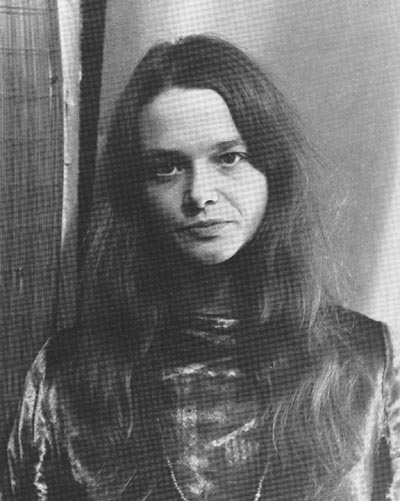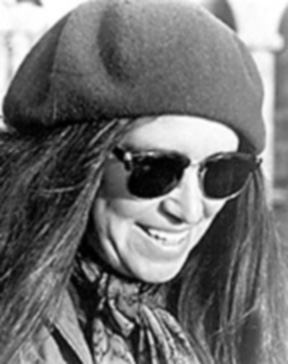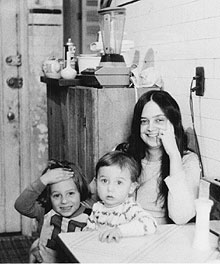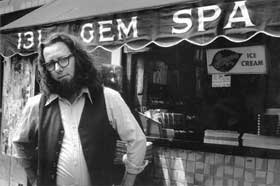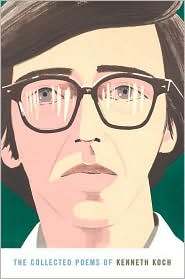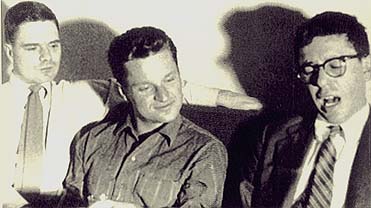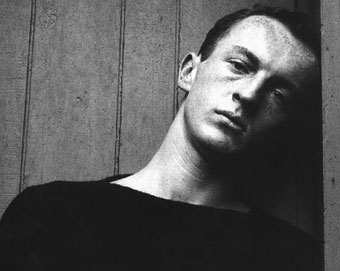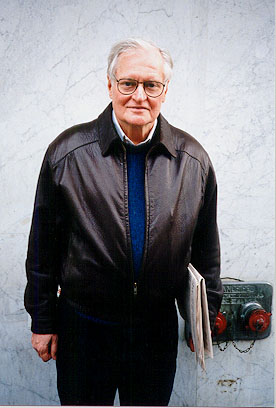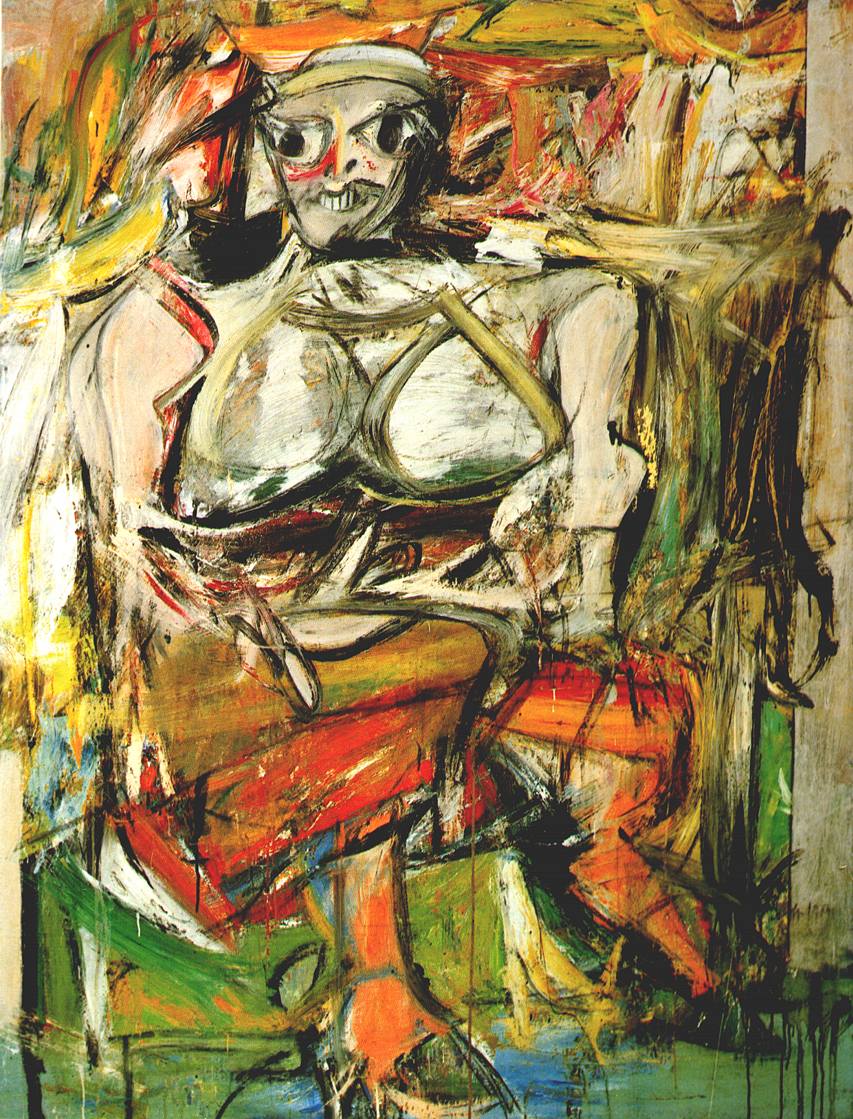You're more than welcome to hand your papers in tomorrow, but the final deadline is Monday at 5PM. Please leave your essays in my box in the English Dept. mailroom (McMicken 241) in the appropriate folder for your class, making sure that they're stapled, and that, in accordance with MLA guidelines, your name appears on each page. Late papers will lose a full letter grade for each day until they're handed in, and papers which fail to meet the length requirements will automaticaly receive an F.
For tomorrow, please read Charles Bernstein's brief essay, "Against National Poetry Month as Such," as well as the epilogue in David Lehman's The Last Avant Garde, and come prepared for an overview discussion of our work this quarter. We'll revisit some of the key ideas of the New York School's poetics, make comparisons between authors, and talk about whose work you really loved and really hated. I'll also give recommendations for further reading. We've had a great quarter, with some wonderfully engaged conversations about the texts, and I'm hoping we'll have one last chat which will frame everything we've done over the last ten weeks.
For tomorrow, please read Charles Bernstein's brief essay, "Against National Poetry Month as Such," as well as the epilogue in David Lehman's The Last Avant Garde, and come prepared for an overview discussion of our work this quarter. We'll revisit some of the key ideas of the New York School's poetics, make comparisons between authors, and talk about whose work you really loved and really hated. I'll also give recommendations for further reading. We've had a great quarter, with some wonderfully engaged conversations about the texts, and I'm hoping we'll have one last chat which will frame everything we've done over the last ten weeks.

